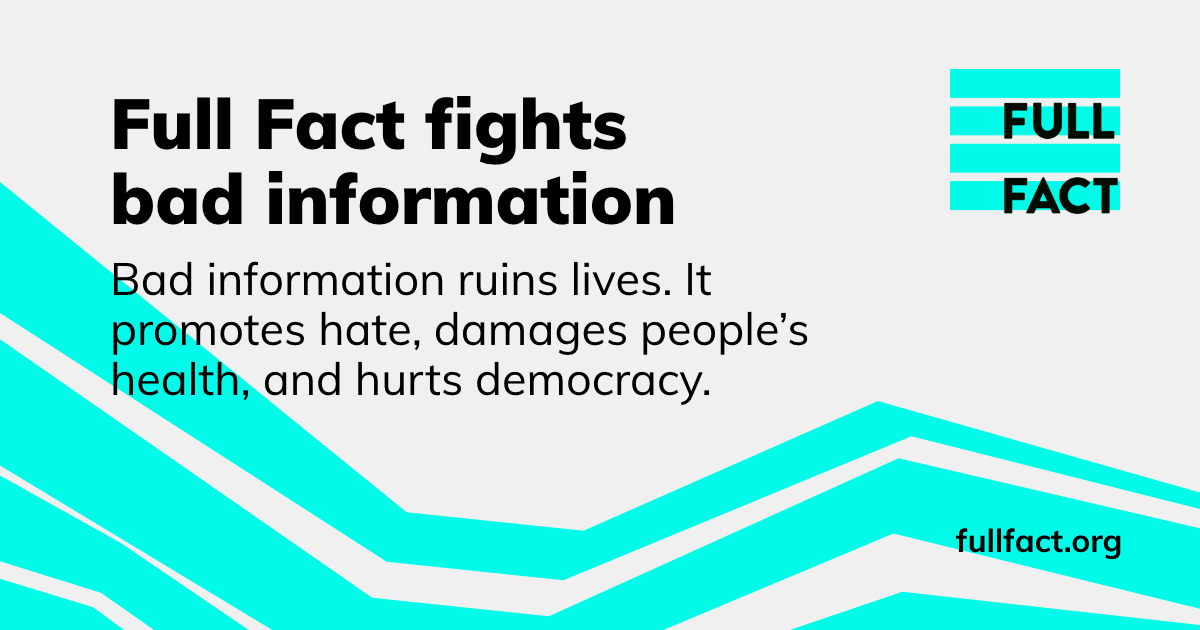Originally posted by P. G. Tipps
View Post
Imagine a system where you can earn 30 k at 20 % and everything else at 40%.
Total tax bill on a 60k is 18k.
The bill on a 30k salary is £6k.
NOW;
Add in a 10k tax free allowance.
Bill is now 30k at 20% and 20k at 40% for our 60k man, total bill 14 k.
For our 30 k person, bill is now 20k at 20%, total 4k.
So our 60 k person benefits by 4 k from the allowance, but the 30k man only by 2 k.

Comment